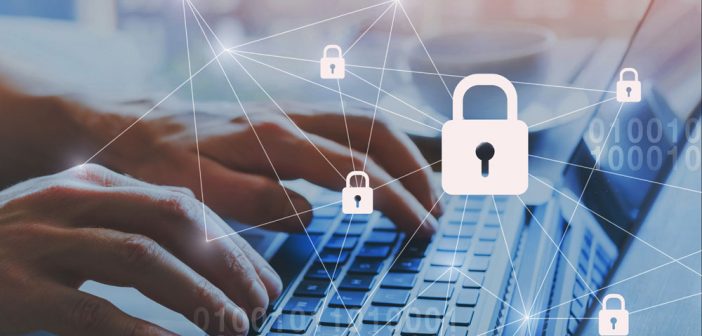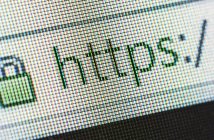Most of us sped a lot of time on the computer. Here are some tips to improve your internet security when you’re surfing online.
Logging out
The first tip is to make sure that you have logged out of the computer. This is basically like locking the door when you leave your home. It is very simple to do and you don’t have to worry about any outsiders getting access to any of your personal information. Most of the time, people believe that if they just close the window of their laptop, then it will be enough to keep people from accessing any of your accounts, but this is not the case.
Public
The second tip is to make sure that you don’t access any of your confidential accounts while connected to public networks. This is especially true when it comes to your online bank accounts. This is because these types of networks can easily gather and send your data to third parties. This would make it possible for them to figure out what your passwords are and/or pass malware and advertisements onto your device. If you have no choice but to access their accounts, then you should take some precautions.
VPN
Our third tip is to use a VPN. This means connecting your device to the VPN so that all traffic is directed through a tunnel that is secure and encrypted. Therefore, anyone trying to get access to your device will only be able to see the garage instead of the entire home (aka all your information).
Services
The fourth tip is to make sure that you are wary of any online services that are asking for your details in exchange for information, prizes, etc. It is very common for some companies to ask for your email address or personal information in order for you to get access to certain content or to allow you to enter into a contest/sweepstakes. Even though on the surface, you might think that submitting a simple email address is not going to be a big deal, sometimes this could be the first step in sending over malware. Make sure any company you’re giving your email address to is a reputable business.
Location
The fifth tip is to be careful when you are sharing your location. Even though it might be fun for you to share where you are, this makes it easier for third parties to track where you are. Giving your location to one online service/app may sometimes mean you’re sharing it with others as well so it’s always good to be weary.
Interactions
The sixth tip is to make sure that you are not interacting with any emails that seem suspicious to you. Even if you don’t exchange your email, then there is still a chance that you are going to get a scam email on occasion. The first thing that you need to do is to delete all of these emails. If you open the email or click any of the links inside of the email, then there is a chance that you could be allowing malware onto your computer. This could also open the door to personal privacy attacks.
Password
The seventh tip is to make sure that you always use a strong password on all of your personal accounts. If you don’t, it’s much easier for hackers to access your accounts/information. This means that you need to stay away from including any personal details in your password. You should also use a combination of letters, numbers, uppercase and lowercase, along with some special characters for your password.
Cookies
The eighth tip is to manage all of your cookies. This is one of the best ways that people are going to be able to figure out what your password is. Most of the time, websites are going to use cookies in order to construct a virtual ID for you. This means that companies will have the ability to track your movements and behaviors across their websites. This helps them to feed you different advertisement that are more specifically targeted to you and what they’ve gathered about your interests. The best way to protect your computer is to use a private web browser.
Browsing
The ninth tip is to browse the internet anonymously. Along with the private web browsers, you can also use a variety of different tools that are going to allow you to use the web without anyone seeing you. It could also be helpful to use a VPN like we mentioned earlier, which will help with your internet security while browsing.
Sharing
The tenth tip is to make sure that you are careful about what you are sharing online. It is important to remember that you are the only person who is going to control what information about you is put online. In other words, if you don’t share it, then people are not going to be able to get access to it. This means that you don’t need to give your real email address out to people for any online giveaways or the websites that seem like they are engaging in suspicious marketing. You should not share any of your personal information on public networks or on networks that don’t seem secure. It is important to remember that all of the personal information that you share online is going to become permanent.







